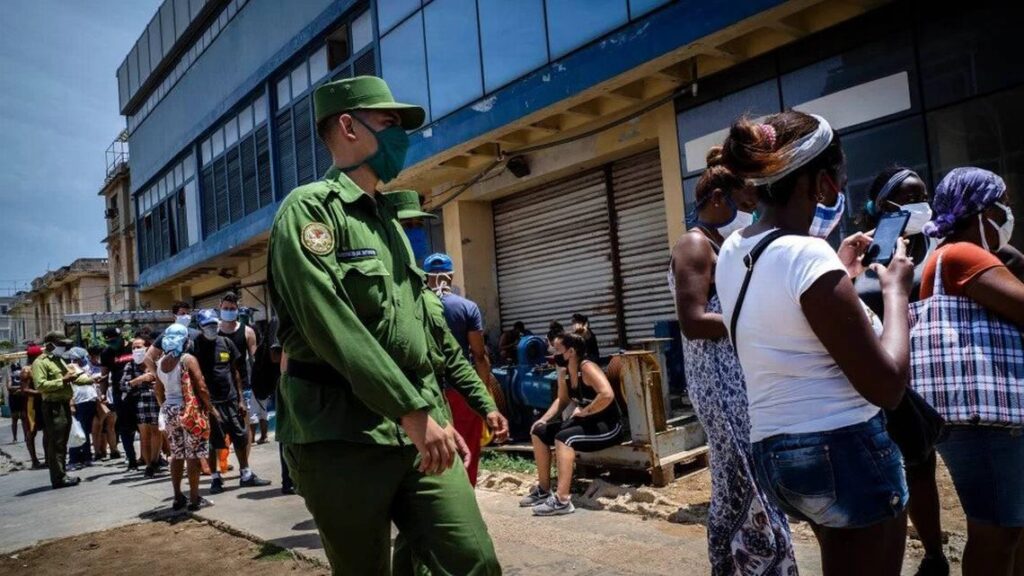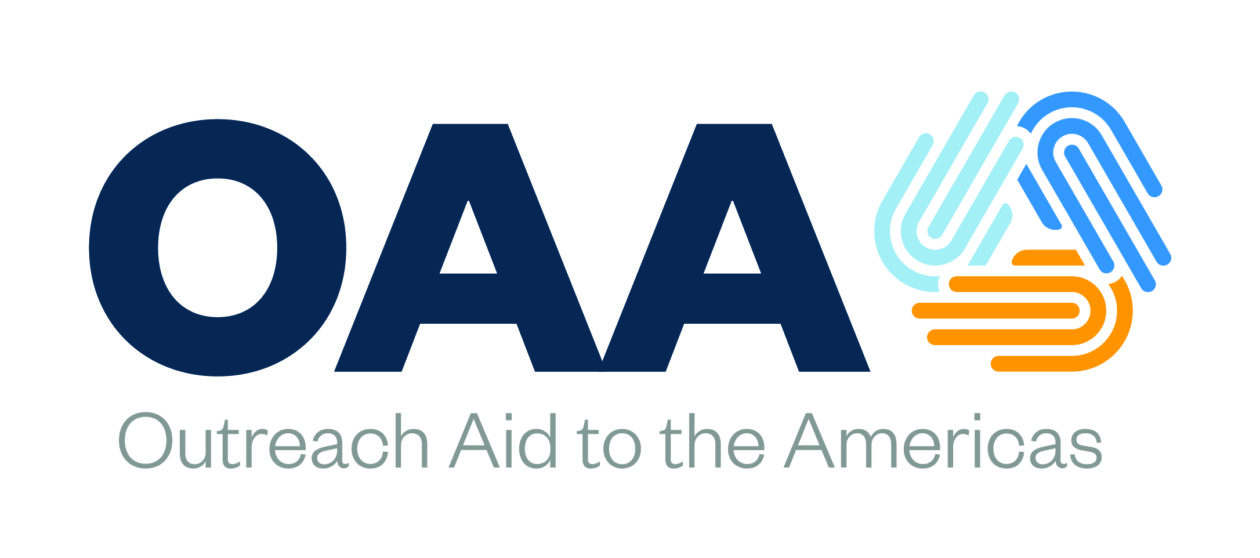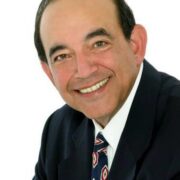Opinion: Cuba uses the coronavirus crisis to continue to harass, imprison religious leaders
by Teo Babun
MAY 27, 2020 06:30 PM

In early March, responsible governments around the world closed borders to protect public health. But not Cuba. Instead, the cash-strapped government proclaimed: Visit Cuba for a safe vacation! By late March, officials reported a rise in COVID-19 infections, predominantly among Italian and Spanish tourists.
The government currently reports 1,900 cases, but Cuba’s Institute of Tropical Medicine counted almost half a million cases of acute respiratory illness from March 15 to April 4 — most presumably COVID-19.
This is an especially vulnerable time for Cuba. Prior to the pandemic, Cuba was experiencing a foreign-exchange crisis, coupled with chronic shortages of food, fuel, medicine and hygiene supplies; inadequate, overcrowded housing; weak medical infrastructure and insufficient healthcare workers; and growing discontent with leaders’ lavish lifestyles while people wait in long lines for scarce food and soap.
Totalitarian governments such as China, Venezuela, Nicaragua and Cuba follow a common playbook: They are underreporting infections and deaths, expanding invasive surveillance, hoarding medical resources, and quickly disposing of victims through mass burials and cremations. They are further eroding basic rights by taking advantage of a distracted international community and exploiting fear, grief and chaos.
Erik Jennische, of Civil Rights Defenders, says that 96 percent of Cubans surveyed are reporting an increase in human-rights violations during the pandemic. State security agents accused the evangelical independent journalist Yoe Suárez of “dissidence” and “disseminating enemy propaganda.” Suárez has been harassed four times so far during the lockdown, interrogated and threatened with imprisonment and repercussions for his family.
In these times, detention can be a death sentence. Religious leaders and other good Samaritans are being jailed simply for assisting elders and providing mutual aid to neighbors. Apostolic leader Yilber Durand Domínguez and Christian artist José Acebo Hidalgo were detained when they resisted letting government officials into their homes during quarantine — an unnecessary risk for their families. Domínguez was held in a large facility, and Acebo, who is visually impaired, faces prison for “disobedience” and other spurious charges.
Alaín Toledano, a church leader and regular government target, was detained and charged with “spreading epidemics” and “illicit enrichment” ostensibly related to church activities. Yoel Demetrio, president of the Missionary Church of Cuba, was arbitrarily confined in an overcrowded prison for two days.
The regime routinely prohibits evangelical leaders from broadcasting on TV and radio. Christian lawyer and activist Miguel Porres, featured in Cubadentro videos on Freedom of Religious Belief (FoRB), was detained and interrogated for two hours. In April, authorities betrayed the Evangelical Alliance by granting them the “privilege” of addressing the entire nation for Holy Week, then censoring their videos. National television broadcast a meeting of the Cuban Council of Churches (CCC), an institution many evangelicals do not trust because it answers directly to the Office of Religious Affairs (ORA). The faith community expressed discontent via social media.
The Cuban regime is weaponizing human suffering to escalate its regional power and destabilization efforts. Courageous Cubans who dare criticize the government are systematically deprived of their livelihoods and access to food and medicine. Such tactics lead to extreme levels of food insecurity and social disenfranchisement designed to silence advocates for justice and human rights.
This is a time of deep sadness. We are turning inward and asking how we can best take care of our neighbors, both on our street and on our planet. We must commit to refusing to turn a blind eye to repression worldwide, to calling out lies, cruelty and exploitation. We must stand with our brothers and sisters in Cuba and support them as they continue to affirm their basic human rights to freedom of thought, conscience and religion.
Teo Babun is president and CEO of Outreach Aid to the Americas, Inc., also known as EchoCuba.
Link to Op-ed: https://www.miamiherald.com/opinion/op-ed/article243037981.html

